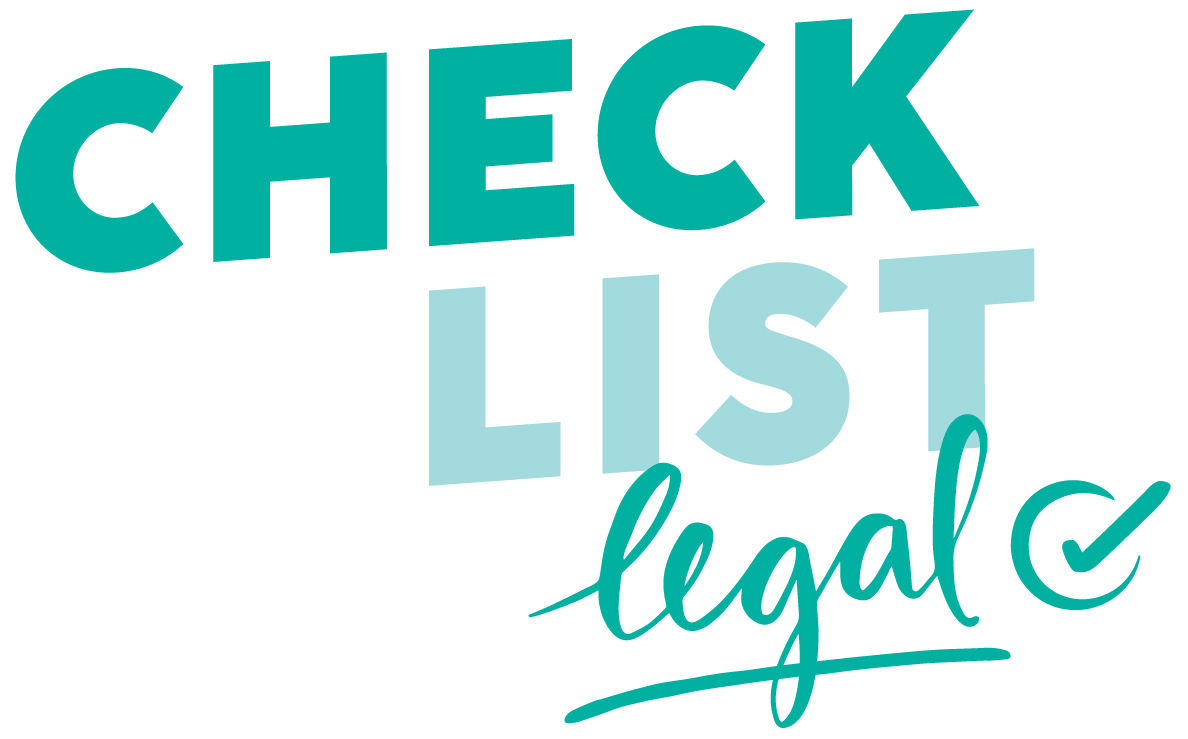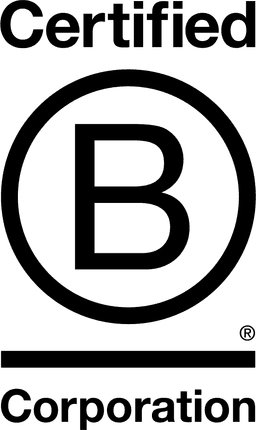

Checklist Legal

Victoria, Australia
April 2022
Legal activities
Service with Minor Environmental Footprint
Australia,
Brazil,
Canada,
Denmark,
France,
Germany,
Ireland,
Italy,
Netherlands The,
New Zealand,
Singapore,
United Kingdom,
United States
Checklist Legal is a collaborative, design-focused commercial law firm, where we help women in business and law create contracts clients love. We believe... that if we want to live in a better world, businesses (and especially law firms!) must take a central role in creating and demonstrating best practice in user design and sustainability... We believe that thoughtfully designed contracts improve the confidence and quality of life for business owners and make businesses better places to work in and work with... We believe that we can all create a client-centric, balanced business models that build measurable benefits and positive impact on all sides of the supply chain… We believe that females in business and the legal industry are ready and waiting to lead the way towards this exciting and innovative future, with the right combination of legal advice, skillful drafting, service design, and legal coaching …. That’s where we come in! All businesses have contracts, but rarely are they optimised. We’re committed to delivering high quality legal services and actionable advice whilst having a positive social impact in areas we’re passionate about.
Overall B Impact Score
Governance 16.3
Governance evaluates a company's overall mission, engagement around its social/environmental impact, ethics, and transparency. This section also evaluates the ability of a company to protect their mission and formally consider stakeholders in decision making through their corporate structure (e.g. benefit corporation) or corporate governing documents.
What is this? A company with an Impact Business Model is intentionally designed to create a specific positive outcome for one of its stakeholders - such as workers, community, environment, or customers.
Community 73.2
Community evaluates a company’s engagement with and impact on the communities in which it operates, hires from, and sources from. Topics include diversity, equity & inclusion, economic impact, civic engagement, charitable giving, and supply chain management. In addition, this section recognizes business models that are designed to address specific community-oriented problems, such as poverty alleviation through fair trade sourcing or distribution via microenterprises, producer cooperative models, locally focused economic development, and formal charitable giving commitments.
What is this? A company with an Impact Business Model is intentionally designed to create a specific positive outcome for one of its stakeholders - such as workers, community, environment, or customers.
Environment 1.0
Environment evaluates a company’s overall environmental management practices as well as its impact on the air, climate, water, land, and biodiversity. This includes the direct impact of a company’s operations and, when applicable its supply chain and distribution channels. This section also recognizes companies with environmentally innovative production processes and those that sell products or services that have a positive environmental impact. Some examples might include products and services that create renewable energy, reduce consumption or waste, conserve land or wildlife, provide less toxic alternatives to the market, or educate people about environmental problems.
Customers 3.0
Customers evaluates a company’s stewardship of its customers through the quality of its products and services, ethical marketing, data privacy and security, and feedback channels. In addition, this section recognizes products or services that are designed to address a particular social problem for or through its customers, such as health or educational products, arts & media products, serving underserved customers/clients, and services that improve the social impact of other businesses or organizations.